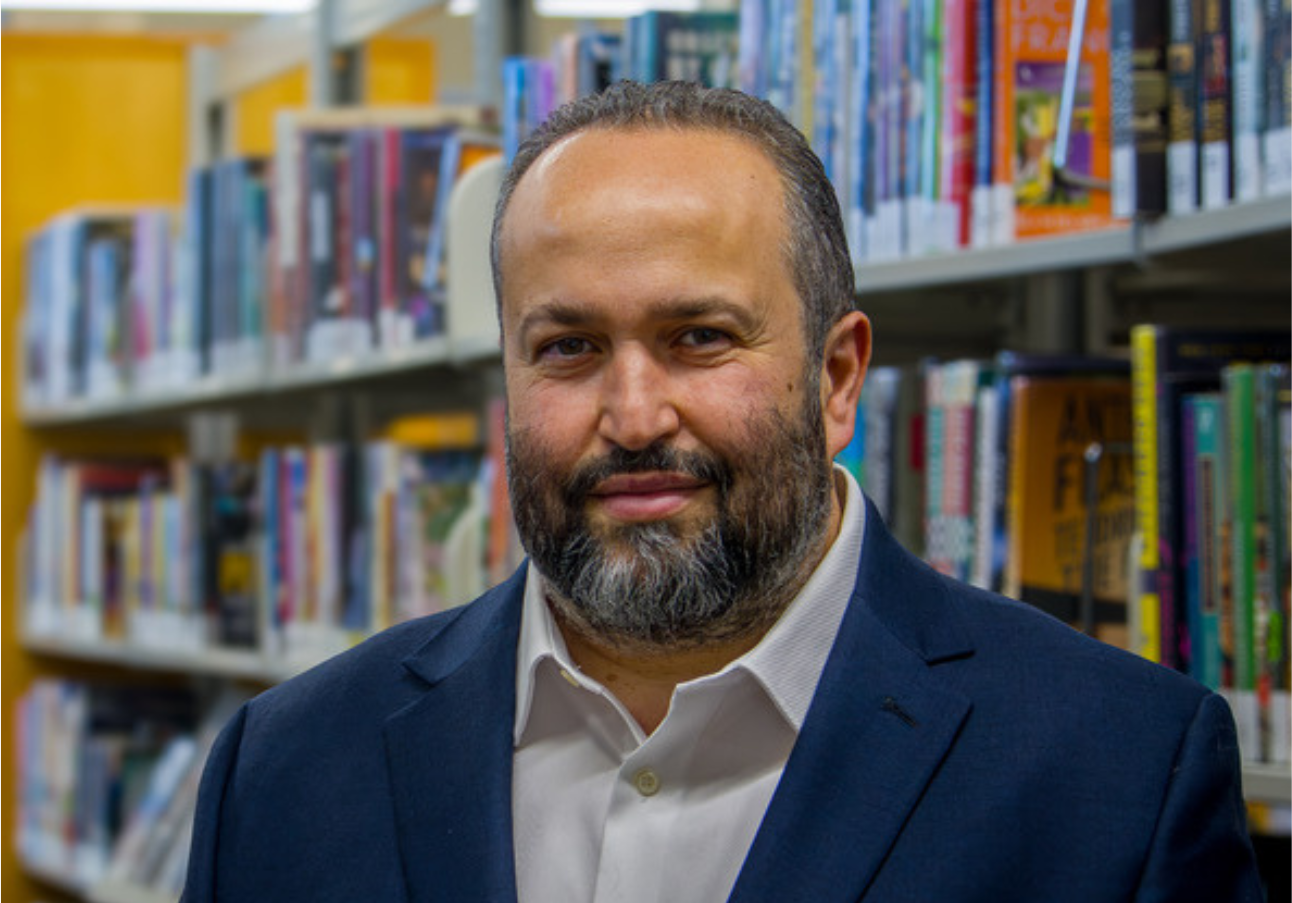 PALO ALTO, CA – Farouk Dey, a transformational leader in higher education and workforce development, has been appointed president of Palo Alto University (PAU), effective July 01, 2025. Guided by PAU’s vision to improve well-being through insight into human behavior, Dey is poised to advance PAU’s leadership in psychology and behavioral science education.
PALO ALTO, CA – Farouk Dey, a transformational leader in higher education and workforce development, has been appointed president of Palo Alto University (PAU), effective July 01, 2025. Guided by PAU’s vision to improve well-being through insight into human behavior, Dey is poised to advance PAU’s leadership in psychology and behavioral science education.
Dr. Farouk Dey Appointed as President of Palo Alto University
Dr. Farouk Dey—a visionary, transformative, inclusive, and decisive leader who will lead Palo Alto University into its next chapter.

Dr. Farouk Dey has been appointed as the next President of Palo Alto University, effective July 1, 2025.


